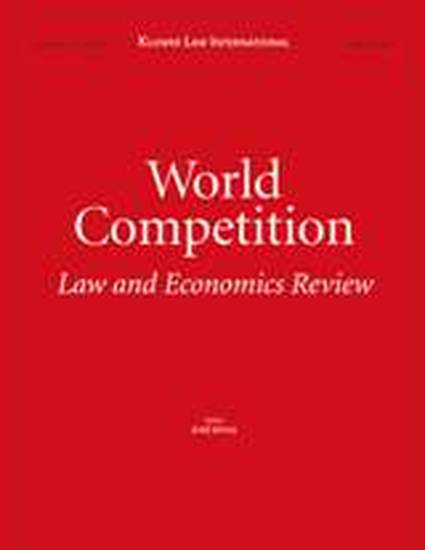
Article
Strategic Considerations in the Emergence of Private Action Rights
World Competition
(2009)
Abstract
The design of mechanisms for the enforcement of rules regarding anticompetitive practices has been the subject of considerable controversy in both developed and developing countries. Public competition authorities have advantages in terms of scale economies and coordination of competing policy objectives. Private rights of action enhance the capacity of legal regimes to generate information and deter collusive agreements and exclusionary practices. Private enforcement also increases the transaction costs of regulatory capture. Given these differences, mixed regimes are likely to be superior to purely public or private arrangements. However, most national jurisdictions grant exclusive authority to public agencies and prosecutors. This article explores the puzzling resistance to the development of mixed competition enforcement regimes by studying recent attempts in the European Union (EU) to enhance private rights of access. The analysis suggests that decentralization of enforcement rights limits the capacity of a government to employ competition rules as an instrument of strategic trade policy. Evidence from EU illustrates that tensions between domestic and international policy considerations can generate distinctive paths of procedural development.
Keywords
- European Union,
- Competition Policy,
- Private Litigation,
- Collusion
Disciplines
Publication Date
2009
Citation Information
Reza Rajabiun. "Strategic Considerations in the Emergence of Private Action Rights" World Competition Vol. 32 Iss. 3 (2009) Available at: http://works.bepress.com/reza_rajabiun/3/
